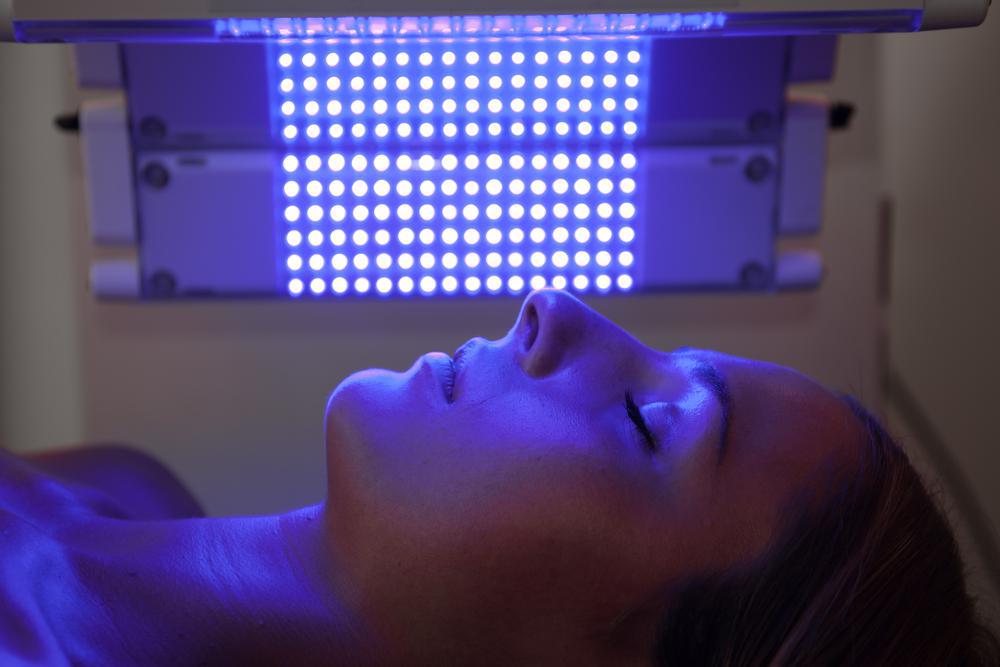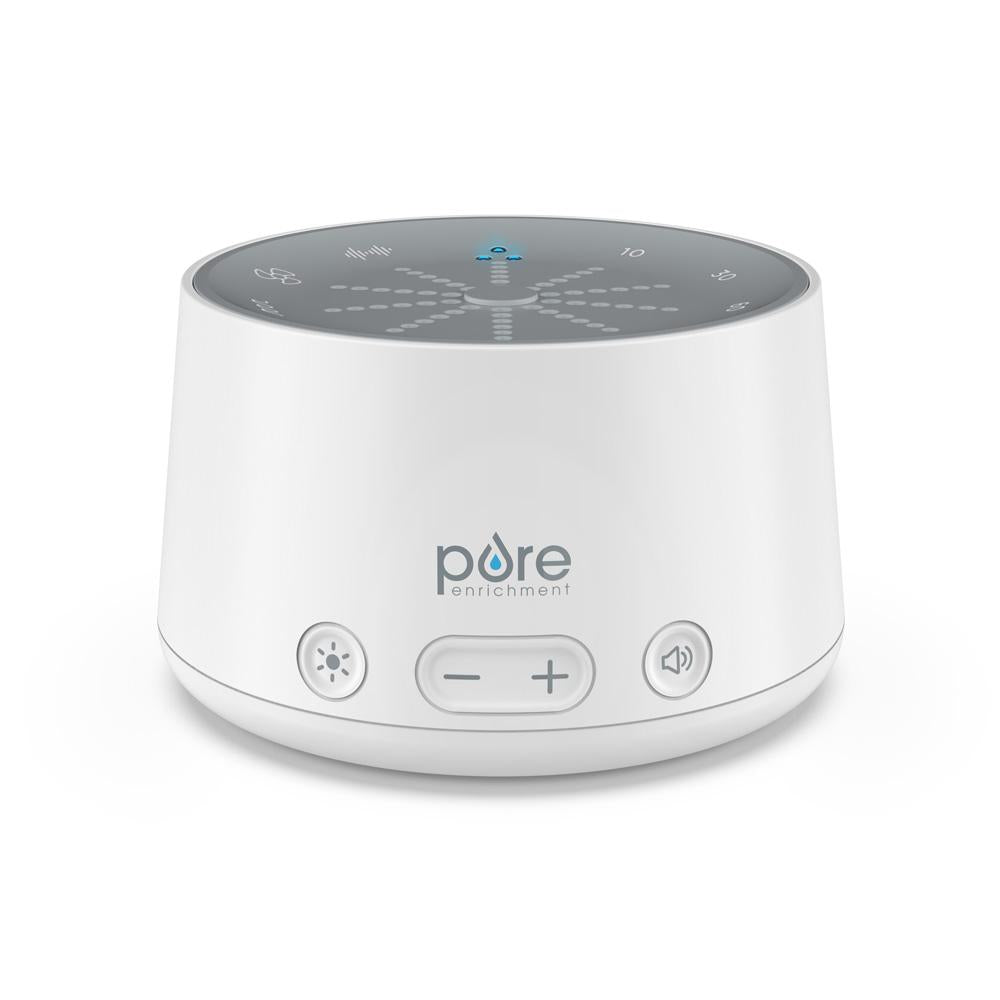Effective Therapy Solutions for Taking Care Of Sleep Disorders and Enhancing Peaceful Rest
In the realm of healthcare, the management of sleep conditions and the pursuit for peaceful sleep are pivotal elements of general wellness. As we navigate the complex landscape of sleep conditions and look for to enhance our sleep experience, a much deeper understanding of these therapy remedies may hold the secret to unlocking a more refreshing and fulfilling restorative trip.
Cognitive Behavioral Therapy for Sleeping Disorders (CBT-I)
Cognitive Behavior Therapy for Sleep Problems (CBT-I) is a structured, evidence-based treatment technique that concentrates on resolving the hidden factors adding to sleep disruptions. This kind of therapy aims to customize habits and thoughts that intensify sleep problems, ultimately advertising healthy and balanced sleep patterns. CBT-I typically includes a number of crucial elements, including cognitive therapy, sleep limitation, stimulus control, and sleep hygiene education.
Cognitive therapy assists people determine and alter negative thought patterns and ideas concerning rest that might be preventing their capacity to drop or stay asleep. Rest limitation involves restricting the amount of time spent in bed to match the person's actual rest period, consequently boosting rest performance (cognitive behavioral therapy for insomnia (CBT-I)). Stimulus control methods assist establish a solid organization between the bed and sleep by urging people to visit bed only when sleepy and to avoid taking part in stimulating tasks in bed
In addition, sleep health education focuses on creating healthy and balanced rest routines, such as preserving a regular rest timetable, producing a relaxing bedtime routine, and enhancing the rest atmosphere. By attending to these aspects thoroughly, CBT-I uses a reliable non-pharmacological treatment for taking care of sleep problems and enhancing overall sleep top quality.
Sleep Health Practices
Having actually established the structure of cognitive restructuring and behavioral alterations in resolving sleeplessness through Cognitive Behavior modification for Sleeping Disorders (CBT-I), the emphasis now changes towards discovering vital Sleep Hygiene Practices for keeping optimal rest quality and general wellness.
Sleep hygiene methods include a range of behaviors and environmental elements that can dramatically affect one's capacity to drop asleep and stay asleep throughout the night. Constant rest and wake times, creating a relaxing going to bed regimen, and enhancing the sleep environment by maintaining it dark, quiet, and cool are crucial parts of good sleep hygiene. Restricting exposure to screens before going to bed, preventing stimulants like caffeine near to bedtime, and involving in regular physical activity throughout the day can likewise advertise far better rest top quality.
Furthermore, practicing relaxation techniques such as deep breathing exercises or reflection prior to bed can assist soothe the mind and prepare the body for sleep. By incorporating these sleep health methods into one's day-to-day routine, people can establish a healthy rest pattern that supports restful rest and total wellness.
Relaxation Strategies and Mindfulness
Implementing leisure methods and mindfulness practices can play a pivotal role in promoting a sense of tranquility and advertising quality sleep. insomnia solutions. These strategies aim to peaceful the mind, decrease stress, and develop an ideal environment for relaxed sleep. One extensively practiced technique is deep breathing workouts, where people focus on slow-moving, deep breaths to loosen up the body and mind. Dynamic muscular tissue relaxation entails tensing and then launching each muscle mass group, advertising physical relaxation. Furthermore, guided images can assist transfer people to a tranquil area in their minds, aiding in anxiety reduction and boosting sleep high quality.
Mindfulness methods, such as reflection and yoga exercise, are also effective in promoting relaxation and enhancing sleep. Mindfulness motivates people to stay existing in the minute, allowing go of fears concerning the past or future. By incorporating these practices into a going to bed routine, individuals can signal to their bodies that it is time to prepare and loosen up for rest. Overall, integrating relaxation techniques and mindfulness techniques can significantly add to taking care of rest disorders and boosting total sleep top quality.

Medication Options for Sleep Disorders
After discovering leisure techniques and mindfulness methods as non-pharmacological interventions for enhancing sleep top quality, it is important to think about medicine alternatives for individuals with rest problems. In instances where lifestyle changes and therapy do not give enough relief, medication can be an important device in taking care of rest disruptions.
Generally suggested drugs for sleep problems consist of benzodiazepines, non-benzodiazepine hypnotics, antidepressants, and melatonin receptor agonists. Antidepressants, such as trazodone, can be helpful for people with co-occurring clinical depression and rest disturbances - see this sleep improvement therapy.
It is critical for people to seek advice from a health care service provider to determine the most ideal medicine alternative based upon their details rest disorder and case history.
Light Therapy for Circadian Rhythm Regulation
Light therapy, additionally recognized as phototherapy, is a non-invasive therapy technique used to regulate body clocks and improve sleep-wake cycles. This treatment entails exposure to intense light that simulates all-natural sunlight, which helps to reset the body's biological rhythm. By exposing individuals to specific wavelengths of light, usually in the early morning or evening relying on the preferred effect, light treatment can effectively change the body clock to advertise wakefulness throughout the day and enhance relaxed sleep in the evening.
Research has actually revealed that light treatment can be especially helpful for individuals with circadian rhythm conditions, such as postponed rest phase syndrome or jet lag. It can also be practical for those experiencing seasonal affective disorder (SAD), a kind of clinical depression visit this website that normally happens throughout the cold weather when natural light direct exposure is decreased. Light therapy is normally well-tolerated and can be made use of along with various other treatment methods for sleep problems to optimize outcomes and improve overall rest quality.
Verdict
Finally, effective therapy solutions for managing rest disorders and enhancing restful rest include Cognitive Behavioral Treatment for Insomnia (CBT-I), rest health methods, leisure methods and mindfulness, medicine choices, and light treatment for body clock guideline. These approaches can aid people boost their rest top quality and general well-being. It is very important to seek advice from with a medical care company to figure out the most suitable technique for resolving rest problems.
As we navigate the complex landscape of rest conditions and seek to boost our rest experience, a much deeper understanding of these therapy solutions might hold the key to opening a much more rejuvenating and meeting restorative trip.
Rest restriction entails restricting the quantity of time spent in bed to match the person's actual rest period, consequently enhancing rest performance. Regular sleep and wake times, developing a relaxing bedtime routine, and enhancing the rest atmosphere wikipedia reference by keeping it dark, silent, and cool are essential elements of excellent sleep health. Light therapy is generally well-tolerated and can be utilized in conjunction with other treatment methods for rest disorders to maximize outcomes and enhance total rest high quality.

Comments on “Sleep Improvement Therapy - Improve Your Sleep High Quality”